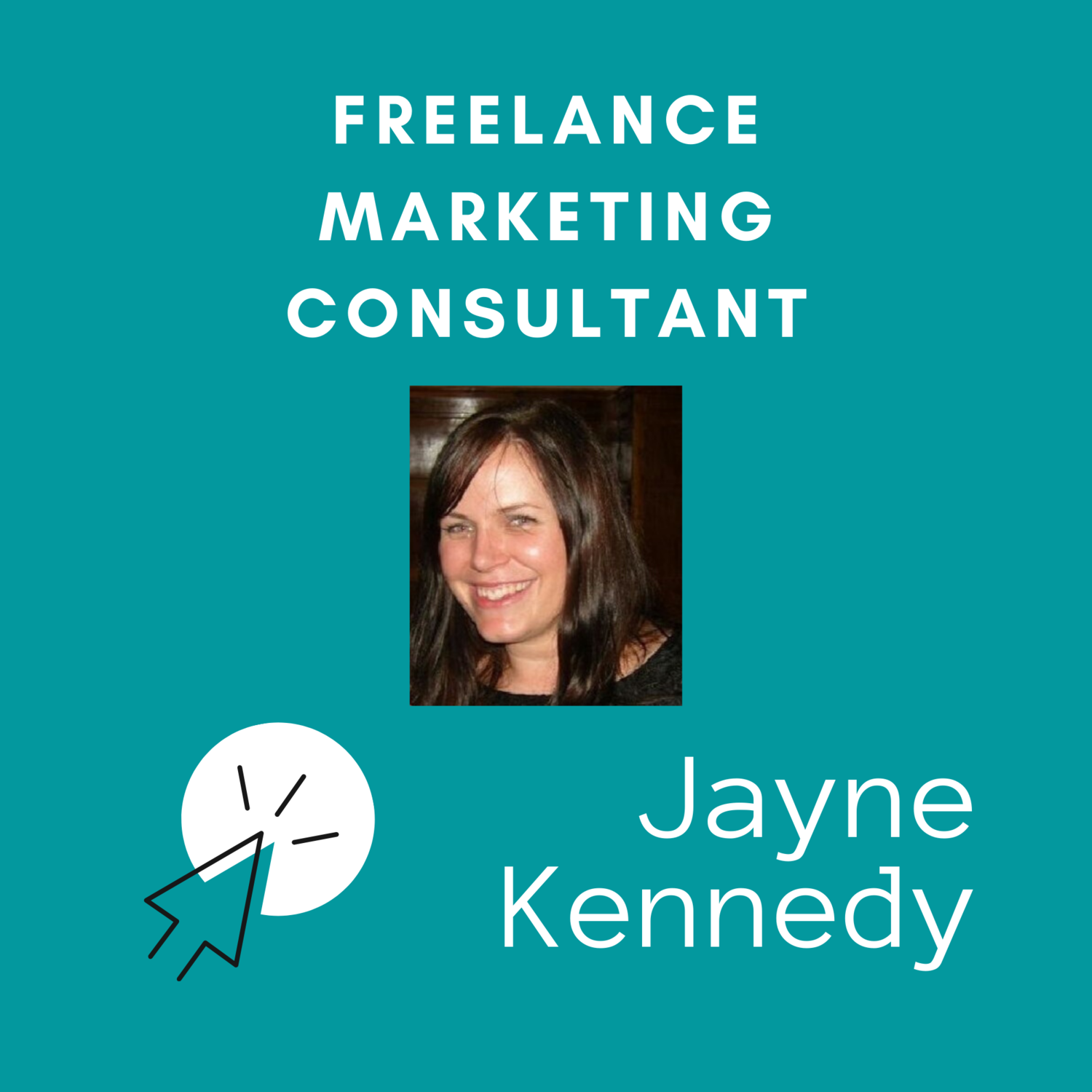Digital Marketing tips for SMEs
So you run a small business, you have a website, you post the odd update on social media, you’ve got marketing sorted right? I’m afraid not.
Here’s some top tips if you run a small business and are looking to take advantage of digital marketing to boost the profile and growth of your business.
1. Research Competitors and Differentiate Yourself
Competitor research is important because as a local business, you’ll want to be able to offer additional value in the market. Google Search is a great place to start. You can see how your competitors are positioning themselves within their ads. In this example, the below shows Google Search Ads results for local Nottingham plumbers. Terms such as “No Call Out Charge”, “Fully Qualified Plumbers” and “1Hr Response” are great selling points.
2. Get Your Website Basics Right
Online users are becoming increasingly demanding in terms of the experience they expect from a website. They want a fast loading website as a minimum requirement. As a local business, you may not have the budget of the bigger, national or international firms, but you can at the very least get the basics right.
Page speed or page load time is becoming ever more important as we shift to a more mobile-first world with slower 3G internet connections. Google PageSpeed Insights shows you how you can reduce the loading time of your website.
You can test your website’s mobile speed with Google’s free tool and see how you could decrease bounce rates.
3. Improve Google My Business Listing and Customer Reviews
Your online reputation as a small business owner could be the deciding factor when a prospective customer is searching for your product/service. Luckily, with Google My Business, you have a level of control when it comes to managing how people perceive your business.
Customer reviews aren’t anything new, but you would be surprised as to how often this is overlooked.
4. Create Interesting Blog Content
If you’re in a very competitive industry – and most local businesses are – you would need to think about a content strategy that will drive results. Working with smaller businesses, it’s often the case that it’s highly unlikely to rank on the first page of Google for a broad term related to their product/service.
For example, “Plumbing Nottingham” would be near impossible if you’re just entering the market.
Firstly, this would require a large budget and resources that wouldn’t make achieving this affordable. Secondly, ranking for a broad term may not eventually lead to more customers. This is where your blog content plays an important role.
Check out some more of my blogs here!
5. Consider Google Ads for Your Small Business
Previously known as Google AdWords, Google Ads is evolving.
However, the principles remain the same and the fundamentals are covered in this helpful small business PPC guide from Google.
There are eight stages to follow:
Set your goals
Do your research
Define your budget
Set your structure
Choose your keywords
Be relevant
Use strong messaging
Look at the whole picture
6. Create Professional Visual Content
Content is still king and content marketing is an industry in its own right. Your content will form an important part of your digital strategy.
Video is an area that is growing at an incredible rate, and these statistics from HubSpot show why:
97% of marketers say video has helped increase user understanding of their product or service
76% say it helped them increase sales
81% of people have been convinced to buy a product or service by watching a brand’s video
7. Improve Your Local SEO
Local SEO is important if you are primarily a local business. Check out my SEO article
You can build local links from the following:
Newspaper sites
Bloggers
Awards/festival sites
Sponsorship sites
8. Develop Email Marketing
Another digital strategy fundamental for your small business is email marketing.
Some key points to consider are:
Do you know the legal side of email marketing?
Have you chosen a provider?
Do you know what your competitors are doing?
Do you know how to craft an effective email?
If you are struggling with this area or need to solidify your knowledge, you can also complete a free email marketing certification course from HubSpot, or ask me for some help!
9. Focus on a Primary Social Media Channel
Often small business owners ask, which platform should I focus on?
The answer is simple…
Focus on the social media platform most relevant to your business and where your customers are most active.
If the nature of your product/service offering is B2B then LinkedIn and/or Twitter are natural choices.
For B2C businesses, Facebook and/or Instagram might be better choices.
Whatever you decide, have a primary social media channel that you’ll focus on growing. As a small business owner, you probably won’t have the required resource to manage more than one channel effectively. But if you need an additional pair of hands, this is the work I do for a number of my clients, managing their social media.
10. Partner with Local Influencers
Now, influencer marketing isn’t just for the fashion industry.
For example, you could be within the food industry and have an influencer outreach strategy to help raise awareness of your brand by approaching local food bloggers.
